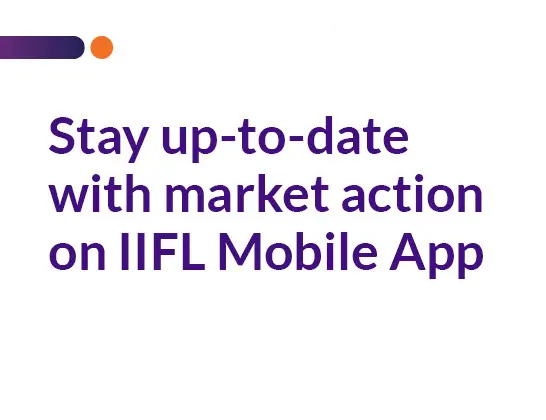When you first begin investing, you realise that there are numerous terms you are required to learn to mitigate losses and ensure you are profitable. Although the wide range of financial instruments available for investing in the Indian market provides a plethora of profit-making opportunities, you can end up making losses if you are not well versed with each of them.
The different investment instruments differ on a range of parameters but are mainly evaluated on their risk profile. While government securities, debt instruments, and fixed deposits are extremely safe investment instruments that offer guaranteed returns and no risks, other financial instruments such as equities or related contracts are slightly more complicated. It is a common principle in the financial market that the higher the risk profile of an investment instrument, the more returns it can generate.
When you look for investment options that can offer you high returns, the first instrument you will identify is an Options Contract. This financial contract between two parties is usually based on the value of an underlying asset, such as a stock or a security.
What Is Call Option?
A call option is a contract between two parties wherein one party has the right, but not the obligation, to buy a certain underlying asset at a pre decided price and on a future date.
Since there is no obligation on the need to make the purchase as dictated by the call options contract, you are not legally obliged to execute the options contract unless it is profitable to you. The purchase can only be profitable if the previously decided upon amount is lesser than the underlying asset’s current price on the date the options contract is exercised. This predetermined price of the underlying asset is called the strike price. Unless your strike price is lesser than the underlying asset’s price on the date of execution, you will end up bearing losses through the call option.
Consider the following example.
if you enter into a call option for TCS for a month at 2700, for a price of Rs. 45; you have the option for buying TCS stock at the price of Rs. 2700 on the date the call option is to be executed (before expiry). However, on the settlement day, if the price of TCS stock is Rs. 2500, then exercising your call option would be a loss for you since you could have purchased the stock in the open market for a lesser price.
On the other hand, if the price of TCS stock on settlement day is Rs. 2900, you make a profit by exercising your call option. To attain this right to buy the stock without any obligation to buy, you have paid a non-refundable premium of Rs. 45, which will be your maximum loss if you decide not to exercise the contract.
What Is a Put Option?
A put option works exactly opposite to the call option. The put option empowers you with the right to sell the underlying asset at the strike price on the date agreed upon by the contracting parties.
The market is constantly focused on analysing whether more put options are being bought or call options since this information goes a long way in determining market sentiment. If more put options are being bought than call options, it may signal a rise of bearish sentiment in the market since more traders are looking to sell their assets.
In a bid to keep track of such developments in the market, factors such as the put-call ratio take on unprecedented importance. The put-call ratio is a measurement derived by dividing the number of put options being traded by the number of call options being traded. A good basis for evaluating positive market sentiment would be a put-call ratio of .7, especially for the equity market.
Advantages Of Call Options:
As mentioned earlier, most investors prefer buying call options rather than put options. There are several reasons for their preference, which are listed below:
1. Cost-Effective Investment:
Investing in equities or similar investments can often require you to set aside a high amount of capital to make the investment viable and earn good returns. However, by buying a call option, you are simply paying for the premium which is dependent on the underlying asset, making it more affordable to buy. In this manner, you can invest through cost-effective means through a call option.
2. Lesser Risks:
Investing in a call option is significantly less risky than investing directly into equity or other instruments. As call options are not highly volatile in nature, they can offer ideal risk management. The full extent of your losses on a failed call option is the nominal amount you pay as a premium for the right to purchase the call option.
3. Earn Premium Through Covered Calls:
Even after buying a call option, you can generate additional revenue by selling the call option contract in the secondary market. If the underlying asset that you bought a while ago has appreciated in value, you can write a call option wherein the strike price is the current market value, and earn a premium on it. This transaction is referred to as covered call in options terms and enables investors to earn additional profits.
Conclusion
Now that you know the answer to what is call options, you can move ahead to invest in call options and make profits. However, before you rush off to buy the best call options, make sure to thoroughly understand the market conditions and study the factors that are likely to cause an impact.





